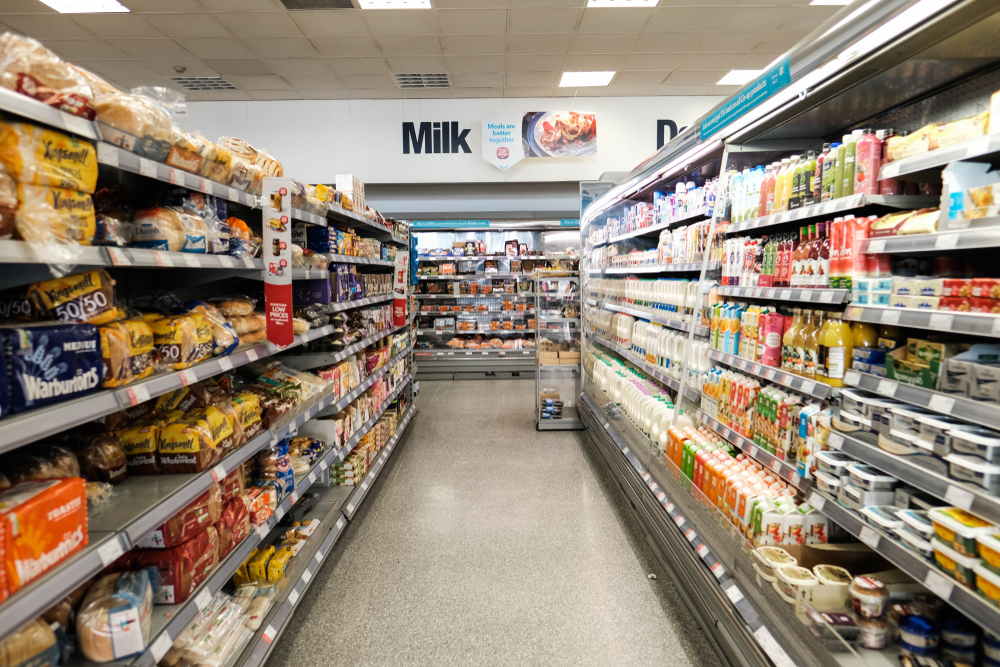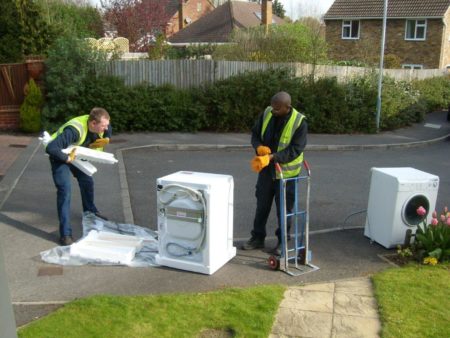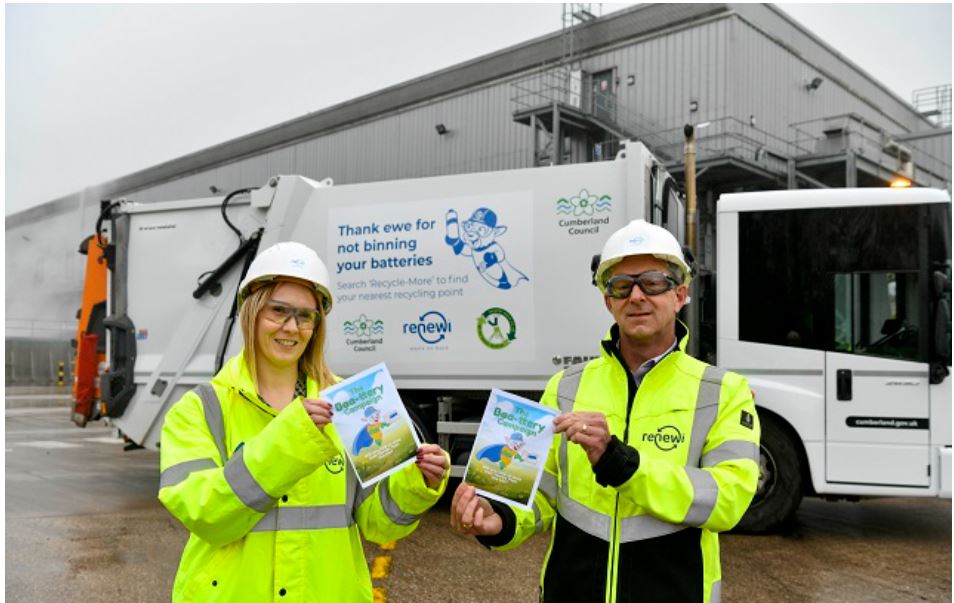The focus on waste costs, which has long been anticipated within the waste and recycling sector, comes as part of the government’s Resources and Waste Strategy, launched by the Environment Secretary Michael Gove today (18 December).

Under the current packaging producer responsibility system – which is funded through the purchase of packaging recovery notes (PRNs) by producers – around 10% of the overall cost of recycling and disposal of products is thought to be recouped, figures published by Defra suggest.
Within the strategy, Defra states that the existing system has helped to provide a “low cost” means of meeting packaging waste targets to date. However, concerns have been raised that the existing system promotes the export of waste for recycling to facilities outside of the UK without sufficiently boosting investment in UK infrastructure, and does little to incentivise smarter design to cut resource use and increase recycling.
Steps will be put in place to ensure producers bear the “full net cost” of managing their products at the end of life, Defra has said.
Mr Gove has also identified an end to the ‘offshoring’ of waste as a key aim of the strategy, with packaging reform described as an ‘immediate priority’ within the document.
Consultation
This will be led by the launch of a consultation on reform of the packaging regulations early next year, with a view to having an extended producer responsibility regime in place by early 2023.
Measures which could be implemented within the new system include modulated fees to encourage producers to make “more sustainable design, production and purchasing decisions” in line with the waste hierarchy and government resources and waste priorities.
“This could see producers pay a lower fee for products which are easy to reuse, repair or recycle and a penalty for those that are not,” Defra has said.
Proposals will also be considered as to how retailer take-back and reverse logistics could be incentivised, as well as proposals to consult on a deposit return scheme, also slated for introduction in 2023.
“The forthcoming consultation on packaging waste will consider opportunities for incentivising reverse logistics and back-hauling of packaging waste,” the strategy notes.
Extended producer responsibility schemes may also be introduced for textiles; bulky waste, some types of construction and demolition waste, tyres and fishing gear.
WEEE
Other existing producer responsibility systems are set to come under the spotlight, including for waste electrical and electronic equipment (WEEE) and batteries.
The WEEE Regulations – which govern how producers of electronic goods fund the recycling of their products at the end of life – were overhauled in 2013. However, in falling tonnages of goods available for collection have made meeting producer targets more challenging in recent years, while local authorities have also reported a drop in demand for the offtake of WEEE from some regions.

Defra has said it will publish a review of the effectiveness of the 2013 WEEE Regulations in 2019 and will seek views by the end of 2020, including on how the existing Regulations can be amended to encourage better designed products.
The review will also explore options for tackling the growing numbers of internet sellers who do not meet their obligations.
On batteries, government has committed to reviewing the current system to target high recycling rates for non-lead acid portable batteries including consideration of chemistry-specific targets and whether there should be increased kerbside collection.
Consultation on batteries will take place by 2020 and may involve an expansion of collection points, and greater consumer awareness of how to recycle their batteries, Defra says.











Subscribe for free